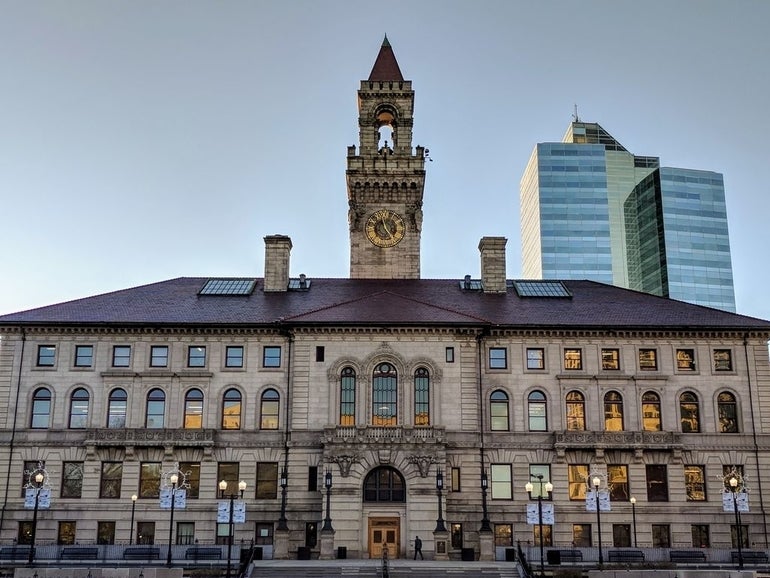The Worcester City Council on Tuesday formally requested for the acting city manager to develop potential penalties for businesses who violate the agreements of their property tax breaks.
The request stemmed from issues over hiring practices at construction of the 228-unit residential building under construction near to the $160-million Polar Park baseball stadium, the so-called SOMA (South of Madison Apartments).
The developer on the project, Boston-based Madison Properties, and the general contractor, Plumb House Inc. of Milford, will be asked to appear before the City Council’s economic development committee over the failure to meet hiring goals for women, people of color, and Worcester residents.
The issue is not limited to the SOMA development, though. Of the 10 active and recently completed construction projects, nine failed to reach the goal for hiring Worcester residents, six didn’t reach the goal for hiring people of color, and eight fell short on hiring women, according to the city’s semi-annual report on property tax breaks released on March 1.
Beyond construction hiring goals, businesses can receive property tax breaks on new developments for promising and meeting job creation and monetary investments. These tax breaks typically come in the form of tax-increment financing agreements, or TIFs, where a company will receive a percentage discount off the value it adds to a property. These agreements have to be certified by the state’s Economic Assistance Coordinating Council.
Those agreements have a history of mixed success as well. In 2017, a report by the Worcester city manager found that of 24 property tax breaks given to businesses over a five-year period, 25% missed their hiring or investment goals. Those businesses lost their state benefits, but the City of Worcester kept its deals in place.
For example, the insurer Unum was given a 15-year tax break by the city to move into a new office building, relocating from only a few blocks away in downtown. The deal allowed the company to pay targeted tax payments instead of the commercial property rate, in exchange for retaining 600 jobs and investing $25 million in the city. The company missed both of those goals and eventually removed all its employees from the building in a remote-work initiative.
Unum’s tax deal was decertified by the state government for failure to meet the job-creation goals, although the city kept the deal in place.
The issue is not unique to Worcester: A 2019 investigation by Worcester Business Journal found of the 148 tax breaks given in 16 Central Massachusetts communities, 12% were decertified by the state, although the local governments typically allowed the businesses to still benefit from the local incentives.

